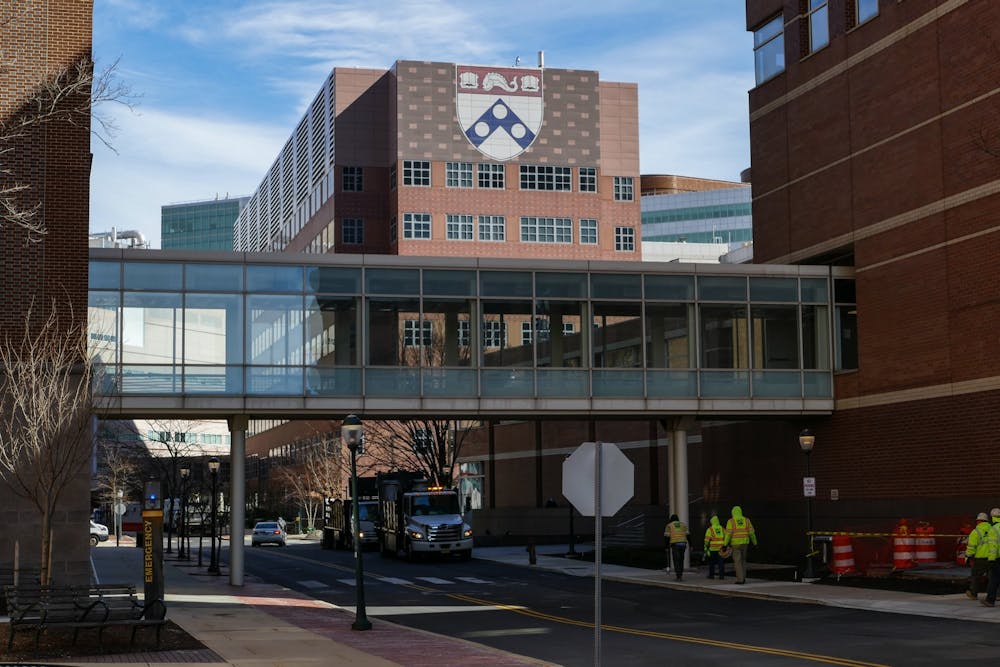The only current advanced-stage HIV vaccine clinical trial has ended early after results showed that the vaccine did not prevent infection.
The international study, named Mosaico, aimed to engineer a vaccine that used synthetic pieces of the HIV virus to recognize multiple HIV variants, according to The Philadelphia Inquirer.
The study was run by Janssen Pharmaceuticals — a branch of Johnson & Johnson — and partnered with various clinics, including the HIV/AIDS Prevention Research Division at Penn.
Starting in 2019, the third phase of the trial enrolled almost 3,900 gay and transgender people between the ages of 18 and 60 at high risk for HIV, The Philadelphia Inquirer reported. Participants were given four shots over 12 months, but the trial found no significant differences in HIV infection between those given the vaccine and those given the placebo.
Ronald Collman, director of the Penn Center for AIDS Research told The Inquirer that creating a vaccine preventing HIV is challenging due to the virus’ protein shell, which frequently mutates, making it difficult for antibodies to attach to.
Penn has long been involved in research on HIV prevention. In 2017, Perelman School of Medicine professor George Shaw was awarded $16.3 million from the National Institute of Allergy and Infectious Diseases to develop an HIV vaccine that introduces a weaker or non-infectious form of the virus to build up immunity.
Currently, there is no cure for HIV, but medications can prevent infection, control the disease progression, and allow infected individuals to live long and healthy lives.
PrEP is 99% effective in preventing HIV infection, according to the Centers for Disease Control and Prevention. In 2020, the Penn Undergraduate Assembly launched a campaign to raise awareness about PrEP and its availability through Student Health Service.
RELATED:
Penn opens Center for Living Donation, combining several transplant-related programs
Penn Positive Psychology Center offers new workshops to address mental health challenges
Despite the discontinuation of the Mosaico trial, Collman remains optimistic.
“Even though we don’t have an HIV vaccine yet, all of the science that has been done over the last 20, 30 years, trying to get an HIV vaccine, has yielded incredible benefits in other areas,” Collman told The Inquirer.









